Article: ECHOES OF PAIN AND PRIDE,THE ONGOING STRUGGLE OF JERUSALEM’S PEOPLE
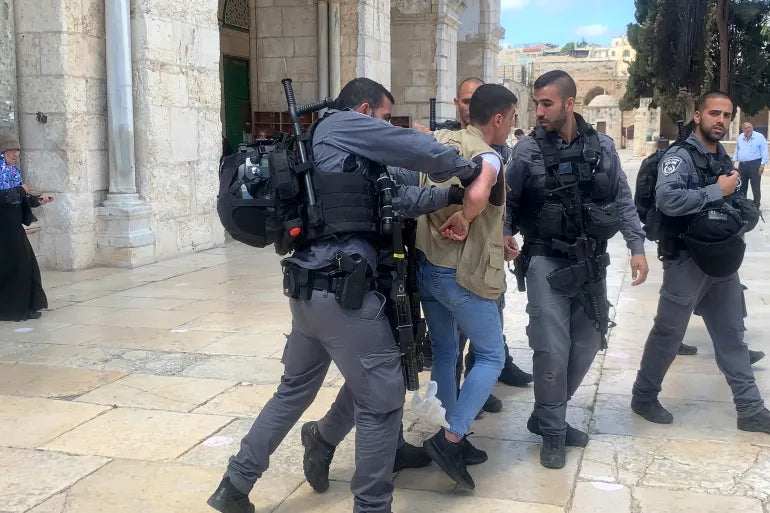
ECHOES OF PAIN AND PRIDE,THE ONGOING STRUGGLE OF JERUSALEM’S PEOPLE
The Struggles and Resilience of Jerusalem’s People Under Occupation
Jerusalem, the city revered by many and claimed by history, stands at the intersection of immense suffering and unwavering resilience. The city’s people face an everyday reality shaped by the occupation, with their lives entwined with a system designed to erode their spirit and displace their existence.
One of the starkest manifestations of this struggle is the aggressive policy of home demolitions and forced evictions. In neighborhoods like Sheikh Jarrah and Silwan, families live in constant fear of losing their homes. Israeli authorities claim ownership of properties where Palestinian families have lived for generations, using legal loopholes to displace them and bring in settlers. Watching a home destroyed, with memories and belongings reduced to rubble, is a trauma that haunts these communities, leaving children and parents with the persistent anxiety that their own houses could be next.
The physical separation created by the imposing concrete separation wall is another undeniable source of suffering. This wall snakes through the heart of Jerusalem, severing neighborhoods and families. Relatives who once lived minutes apart find themselves cut off, requiring special permits to visit loved ones on the other side. The wall doesn’t only divide families but also disrupts access to education, medical care, and religious sites. For many, the simple act of going to school or visiting a hospital becomes a complicated journey through a web of military checkpoints, where long waits and humiliating searches are part of daily life.
Schools in Jerusalem operate under extreme pressure. Palestinian children make their way to classes through checkpoints, often witnessing or experiencing violence firsthand. The psychological toll on these young students is immense, with many growing up amidst trauma and instability. Teachers struggle with overcrowded classrooms and a lack of resources, as the education system is starved of funding compared to institutions in Israeli-controlled areas. Despite these challenges, parents and educators fight to ensure that the next generation remains educated and aware of their heritage.
Economic hardship is another weapon of the occupation, wielded through a system of discriminatory taxes and permit restrictions. Businesses in East Jerusalem are required to pay exorbitant taxes, while receiving few municipal services in return. Roads remain neglected, infrastructure crumbles, and permits for building or repairing homes are nearly impossible to obtain. This economic stranglehold forces many families into poverty, while others feel the pressure to leave the city altogether.
Moreover, freedom of movement is heavily restricted. Palestinians in Jerusalem often need special permits to travel even short distances, and the checkpoints surrounding the city are notorious for causing delays, confrontations, and even violence. It is not uncommon for ambulances carrying critical patients to be delayed at these checkpoints, putting lives at risk. The elderly and infirm must endure long waits in the scorching sun or pouring rain, treated with suspicion and often denied passage without explanation.
The fragmentation of the city is painfully evident in the division between East and West Jerusalem. East Jerusalem, home to a majority Palestinian population, is subjected to systemic neglect and underdevelopment. Roads are left in disrepair, garbage piles up, and public services are scarce. By contrast, West Jerusalem flourishes, a stark reminder of the inequalities that run deep through the city. Yet, despite the hardships, the people of East Jerusalem remain resilient, holding onto their culture, language, and traditions.
Political arrests are also a constant threat, with young men, women, and even children being detained on charges as vague as “disturbing the peace.” These arrests are not just an infringement on freedom but a tool of intimidation aimed at breaking the community’s spirit. Stories of midnight raids, where soldiers burst into homes and take away family members in front of terrified children, are a regular occurrence. The trauma of imprisonment lingers, as many detainees endure harsh conditions, including solitary confinement and inadequate medical care.
In the face of this relentless pressure, the people of Jerusalem display a resilience that defies the odds. They organize cultural events, preserve their heritage through art and literature, and resist the erasure of their identity by simply existing in a city that tries to push them out. Every prayer offered in Al-Aqsa Mosque, every traditional celebration, and every act of remembrance is a quiet yet powerful form of resistance.

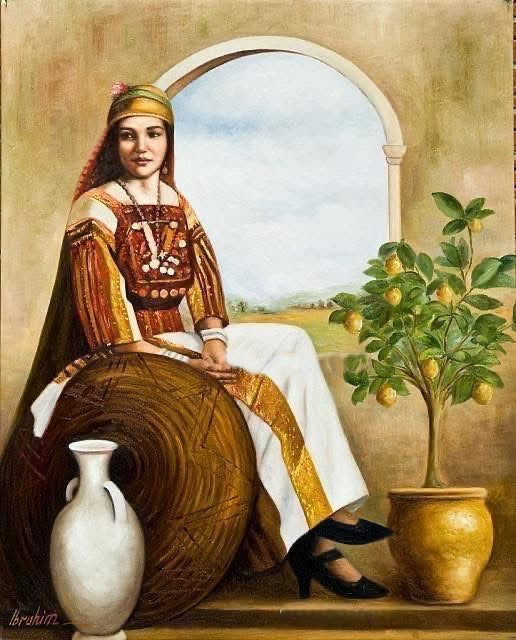


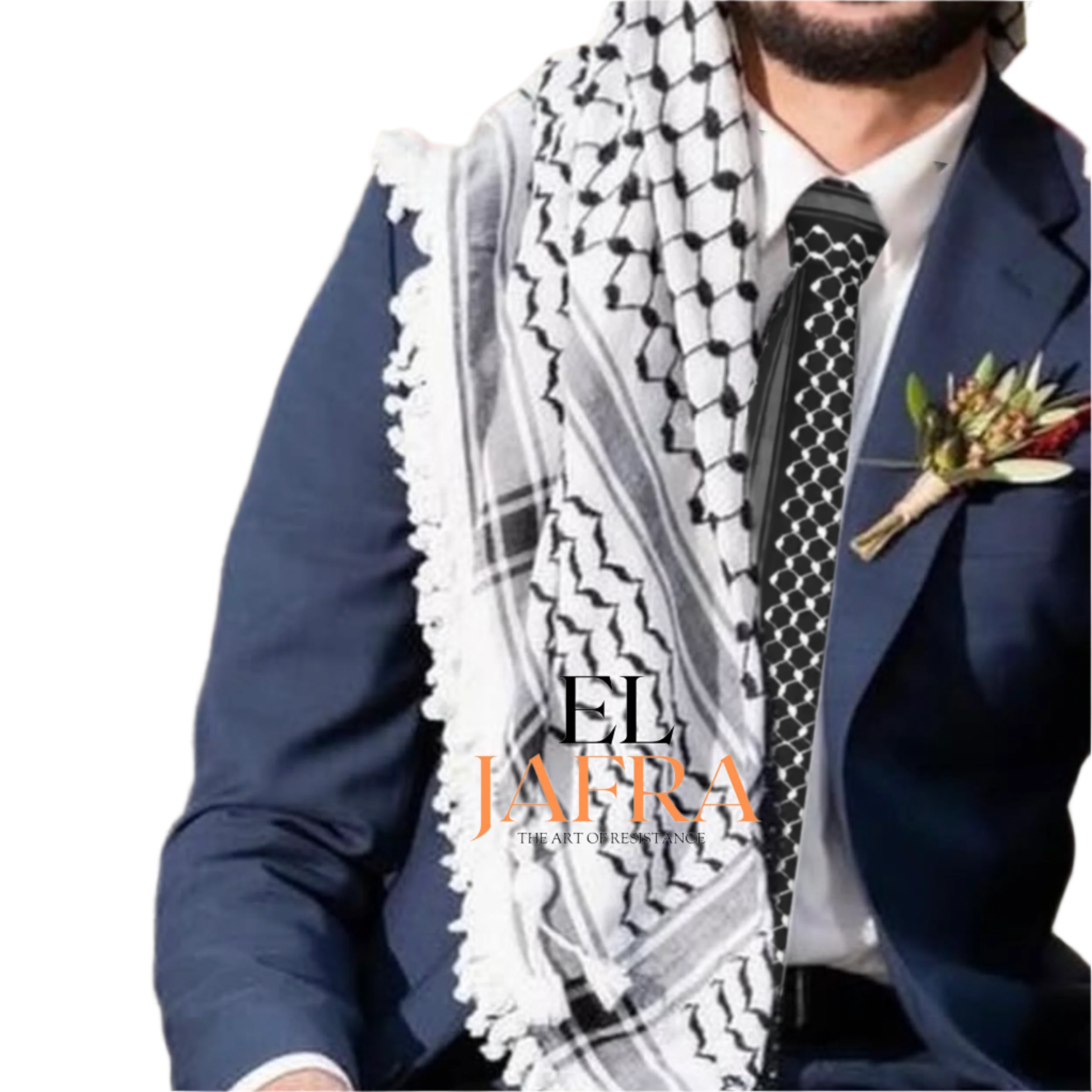
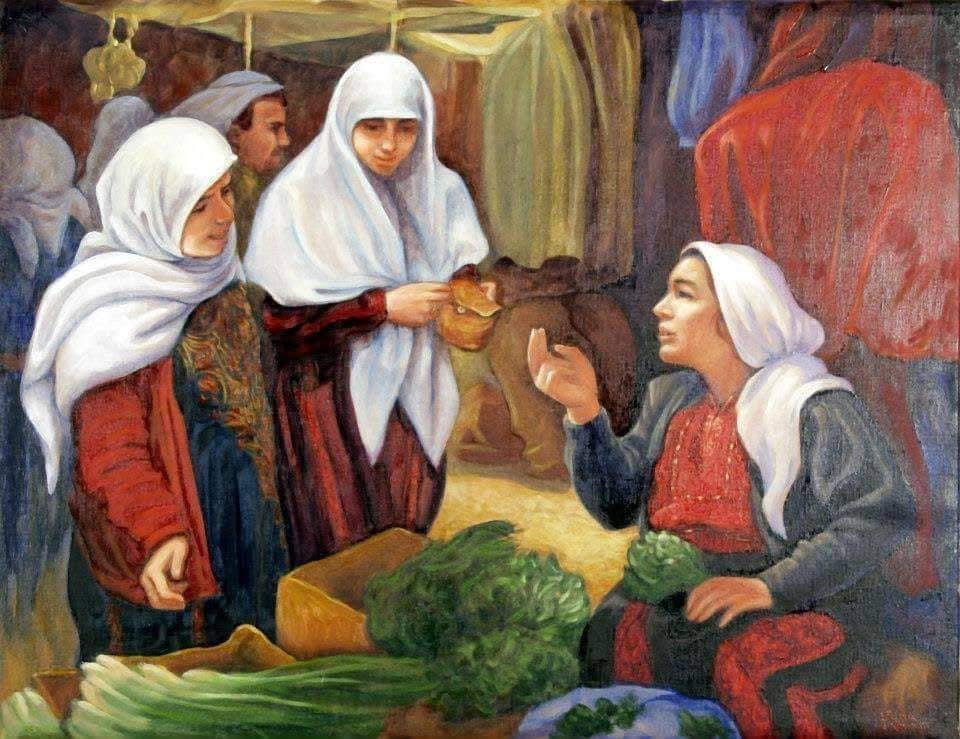
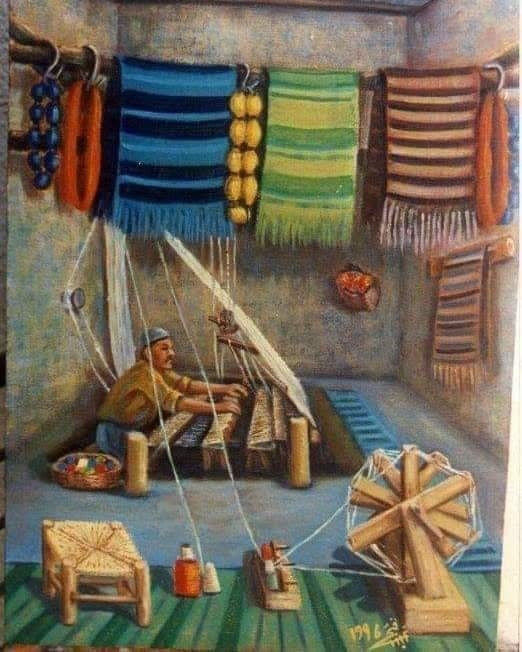
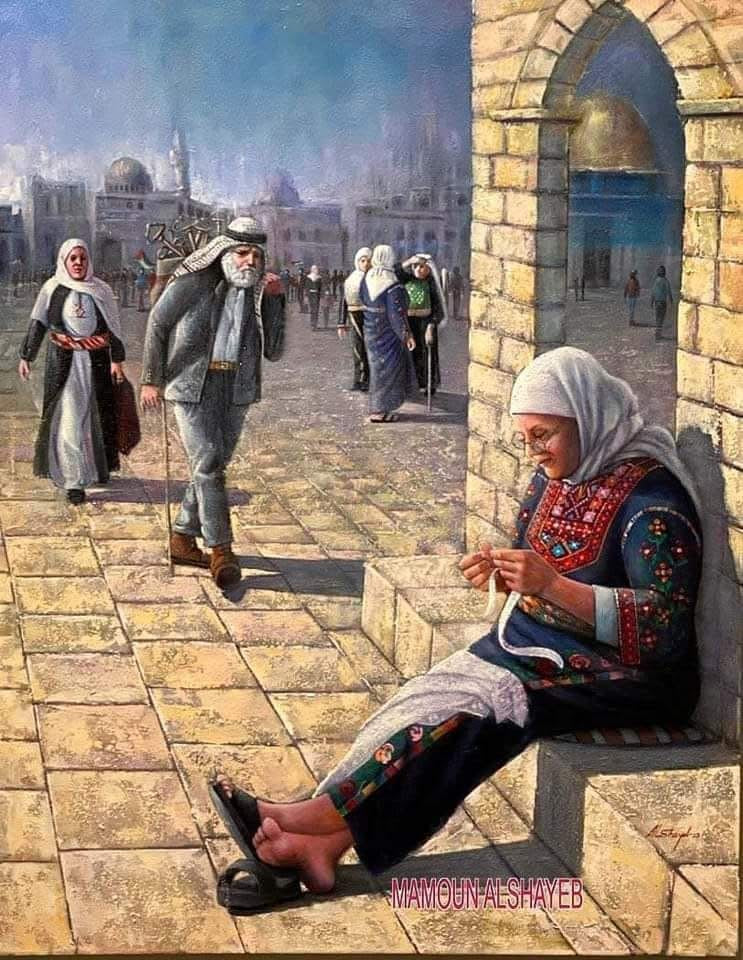
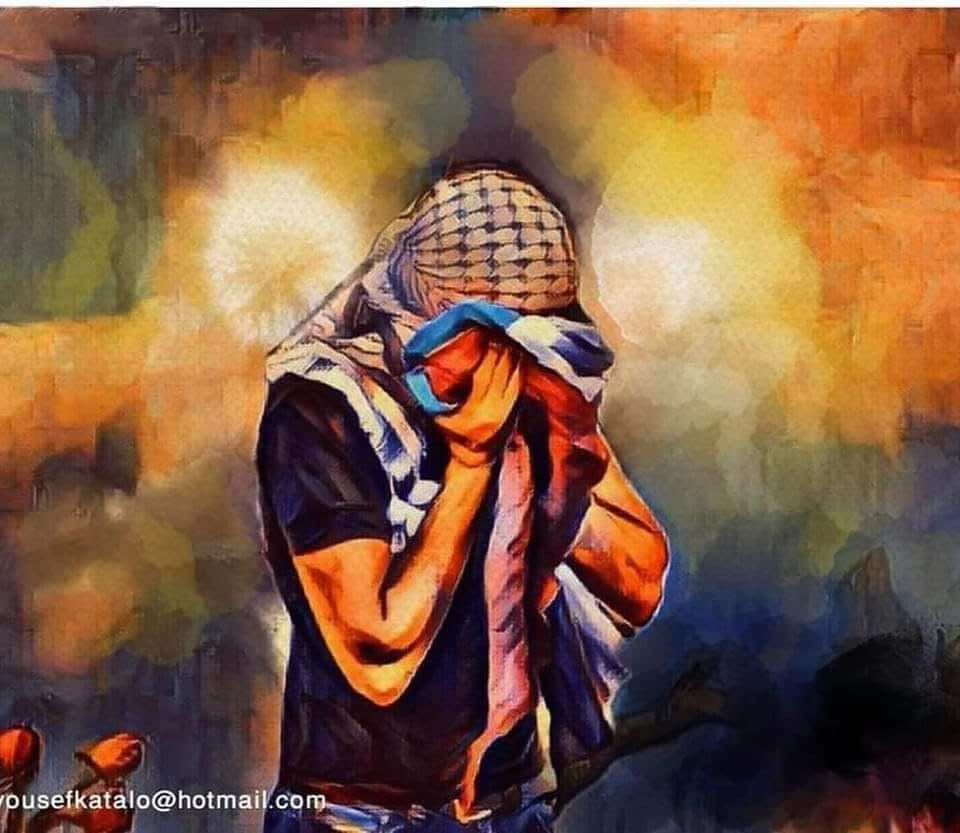

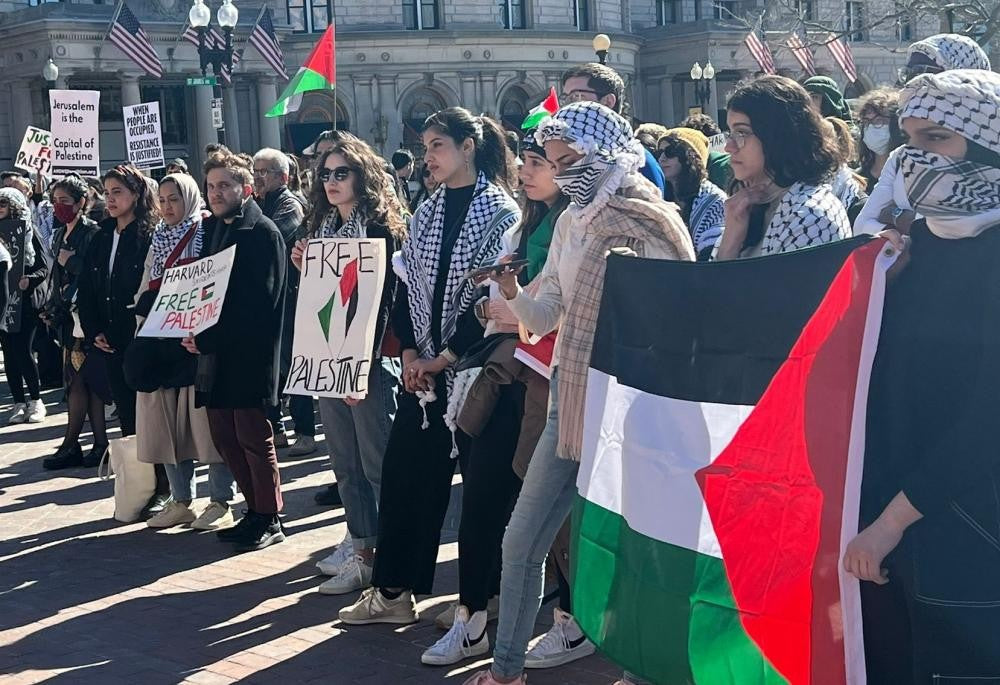
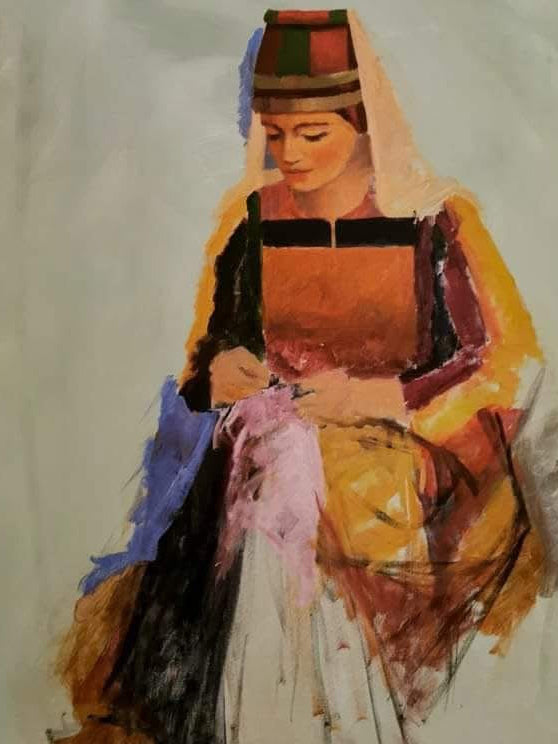
Leave a comment
This site is protected by hCaptcha and the hCaptcha Privacy Policy and Terms of Service apply.